Sunday at the Concorto is an end-of-summer treat, with short films in competition, out of competition, and a vernissage. Let’s see what is waiting for you.
Rendezvous at 9 pm in Parco Raggio for the screening of the films in competition (do not forget to join us at 8 p.m. for a nice dinner under the stars), followed by the vernissage of the exhibition “Lungo la strada” (Along the Road) in the greenhouse at 11 p.m. The night will go on with the screening of the second part of Deep Night at midnight.
Meanwhile, UGANDA’s concert will take place at the Grove at 11:30 pm.
Todo Incluido – Duvan Vargas
As seen by Francesca Marchesini
Duván Vargas gives us a glimpse of a family spied from behind pulled-over doors and the back seat of a car. Fer sees his parents while they argue and reunite: it is possible to feel curiosity and fear; the viewer’s heart stops with his heart, in panic, when those ‘grown-up talks’ upset the balance. Fer’s life is all-inclusive: there is love and rage, fear and serenity. It is not the story of a child who has grown up too fast, but of a young boy facing the reality of adult life.
Before Leaving – Kunao Yan
Visto da Virginia Marcolini
Prima di partire dalla Cina per studiare all’estero, Xiao Jun fa un viaggio con la sua famiglia per andare a trovare i nonni, dopo due anni di separazione dettati dalla pandemia Covid. Qui si troverà a riscoprire luoghi un tempo familiari, ora vissuti con una nuova lente.
Before Leaving indaga la persistenza della memoria e il suo rapporto con la mutevolezza dello spazio e del tempo. Il conosciuto si sbiadisce e si altera inesorabilmente, lasciando spazio a nuove forme. Questo disallineamento tra ricordo e presente genera spaesamento nel protagonista, che tramite la sua macchina da presa cerca di afferrare come può questi nuovi vecchi luoghi. È proprio grazie a questo ritorno che sarà in grado di affrontare l’imminente partenza verso un futuro ignoto.
Ressources Humaines – Trinidad Plass Caussade, Titouan Tillier, Isaac Wenzek
As seen by Anna Vullo
“Wait. Two seconds…” we hear from the voice-over as he turns on the camera. Andy waits to be focused, then he enters what would appear to be an antique shop. But he is not there to buy a watch or a vintage coat. He is there for his ‘recycling appointment’. All that junk put together with no apparent logic were actually people who, like Andy, chose to be recycled (literally), even being able to choose what to become at the end of the process. In Andy’s case: a chair. Thanks to the contrast between the terrifying practice and the disarming calm of the characters, the short film creates a sense of alienation and agitation in the viewer who, like the camera, watches helplessly. Filmed using the stop-motion technique, this animated short is a six-handed work that, despite its particularly short duration, recalls and redefines topical themes such as the overbearing exploitation of resources and, at last, of the man.
Greylands – Charlotte Waltert, Alvaro Schoeck
As seen by Francesca Marchesini
Charlotte Waltert’s short film takes inspiration from two short stories by Swiss writer Meinrad Inglin that deal with accepting grief and creating a bond with death. Animation enhances their purity, and it seems like this audio-visual language was created to analyze an intimate and sometimes alienating theme that necessarily challenges the concepts of “concrete” and “material”.
Pássaro Memória – Leonardo Martinelli
Visto da Anna Vullo
Nelle strade all’alba di Rio de Janeiro incontriamo Lua, una donna transgender, alla ricerca del suo pappagallino verde Memoria che, però, non ricorda più la strada di casa. In questa città avversa sarà soltanto una persona ad aiutarla a cercare il suo uccellino e, infine, a ritrovare sé stessa. Come Neon Phantom, altro cortometraggio del regista brasiliano Leonardo Martinelli incluso in questa edizione di Concorto (all’interno del focus Brazil), Pássaro Memória parla dell’ostilità della città brasiliana nei confronti di categorie sociali più emarginate. Anche qui si trova rifugio nella musica, in una camminata che diventa senza accorgersene una danza. In un’intera città che lascia da parte la vita di tutti i giorni e inizia a ballare insieme. In un solo gesto che può portare in un altro posto e tempo più bello. Soltanto così la protagonista si sentirà appartenere veramente alla città. È vero, pensare a persone che vanno in giro a ballare non è molto realistico. Ma d’altronde, a Lua il realismo non è mai piaciuto.
Pas le temps – Camille Lugan
As seen by Francesca Marchesini
A bicycle hurtles through the dark streets of an empty city. The woman riding it cycles from restaurant to restaurant, wondering whether she will earn a bonus thanks to her next delivery and if her love will still be at home waiting for her. A short film about the speed and fragility of relationships, and all the fears and doubts that comes with them.
The Debutante – Elizabeth Hobbs
As seen by Chiara Ghidelli
The debutante ball is a social event born in the 18th century in order to launch girls who are approaching the age of majority into society.
It is for this occasion that a young woman convinces a hyena, her dear and perhaps only true friend, to leave the London Zoo to take her place in front of all eyes. Eyes, however, unable to see beyond an elegant evening gown. Based on a short story by Leonora Carrington, The Debutante is a female portrait of a woman in the midst of claiming her own space and body in society as much as in her own mind. A story of growth and bond, Elizabeth Hobbs’ tale paints an inner landscape of colour, paint, sketches and collage. An evolving world that follows the rhythms and power of a woman’s body, ready to explode like a firework in its maximum form of beauty.
Tondex 2000 – Jean-Baptiste Leonetti
As seen by Chiara Ghidelli
Sylvain is a war veteran who fought in Afghanistan and who lives, or rather survives, at the limit of legality, with what society and his psychophysical state allow him to have. Nathalie is a woman, the head of an important company, and the mother of a child. In a meeting/dispute of lives, genders, social classes and roles, the two will discover how to make two opposite and, perhaps, complementary traumas touch and even embrace. Set in contemporary France, Tondex 2000 moves in the delicate tale of invisible lives and lives plain to all, creating a portrait capable of highlighting contradictions and similarities, ability and inability of an entire society. In an attempt to describe a reality that is complex to decipher and explain, Jean-Baptiste Leonetti tells us how conflict is only apparently external, highlighting internal conflicts capable of connecting even the most opposing forces.

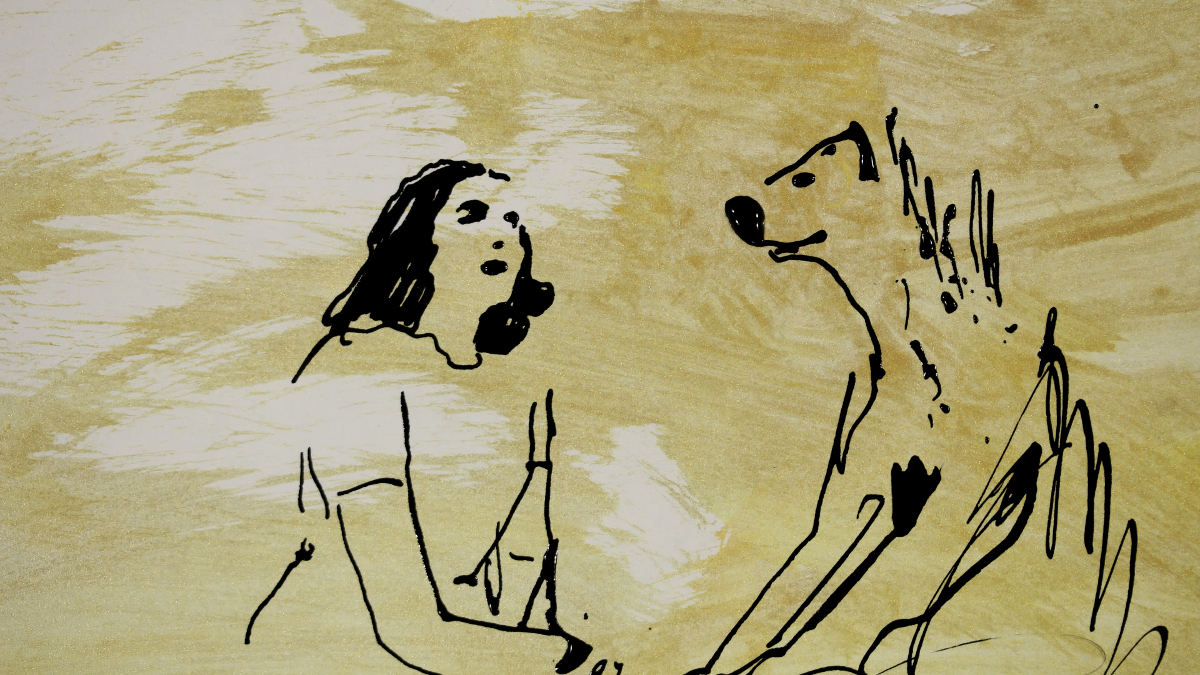
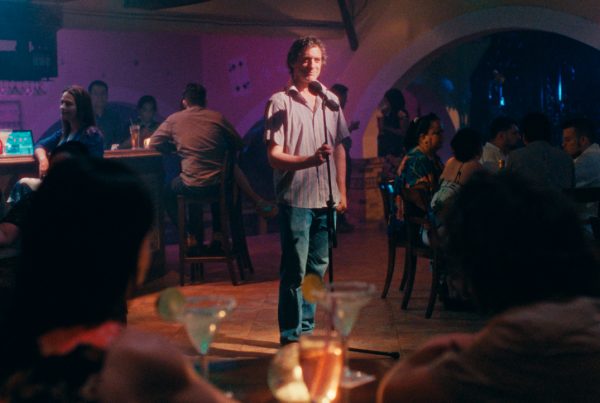
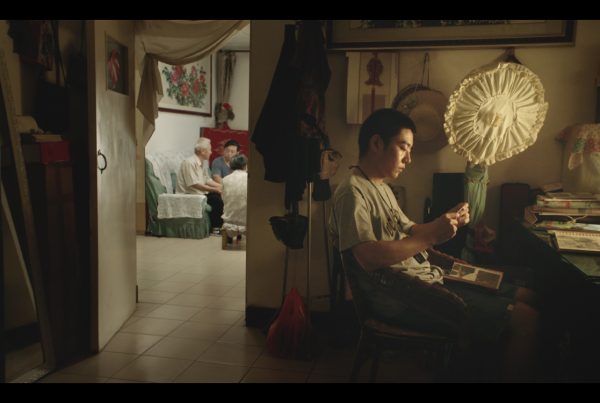
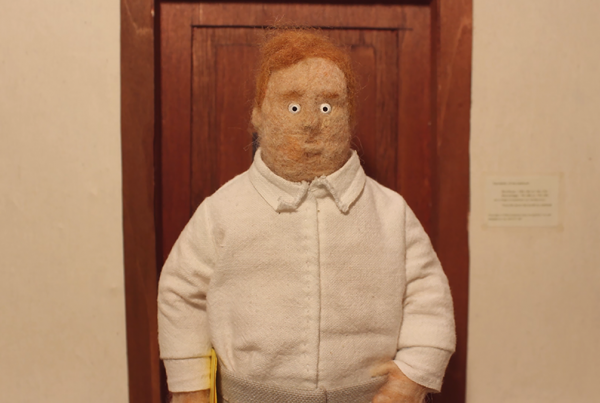
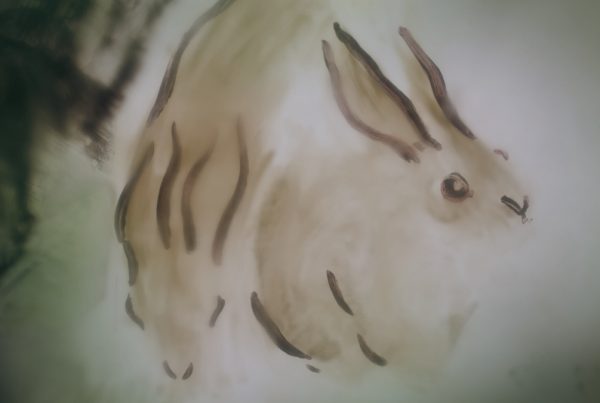
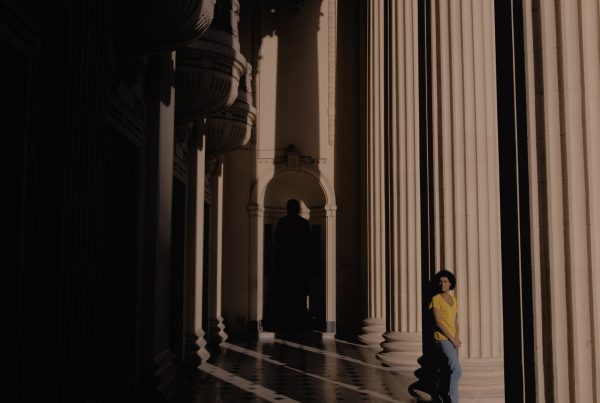
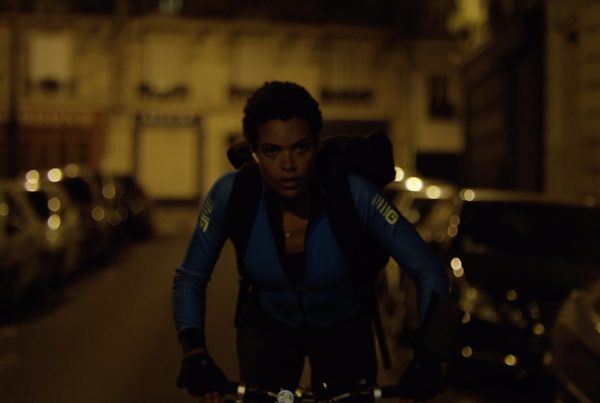
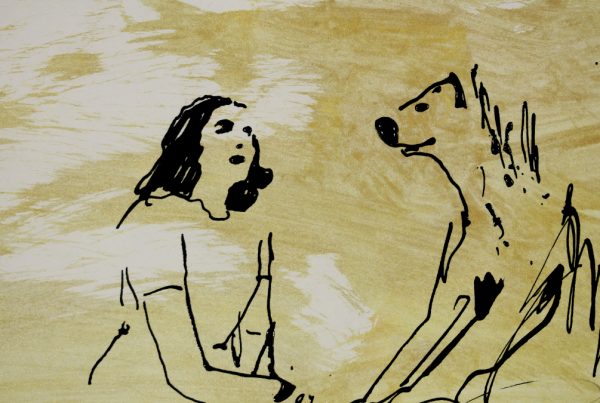
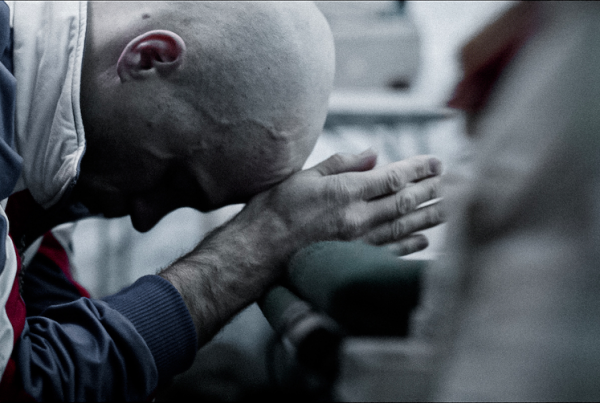






Commenti recenti